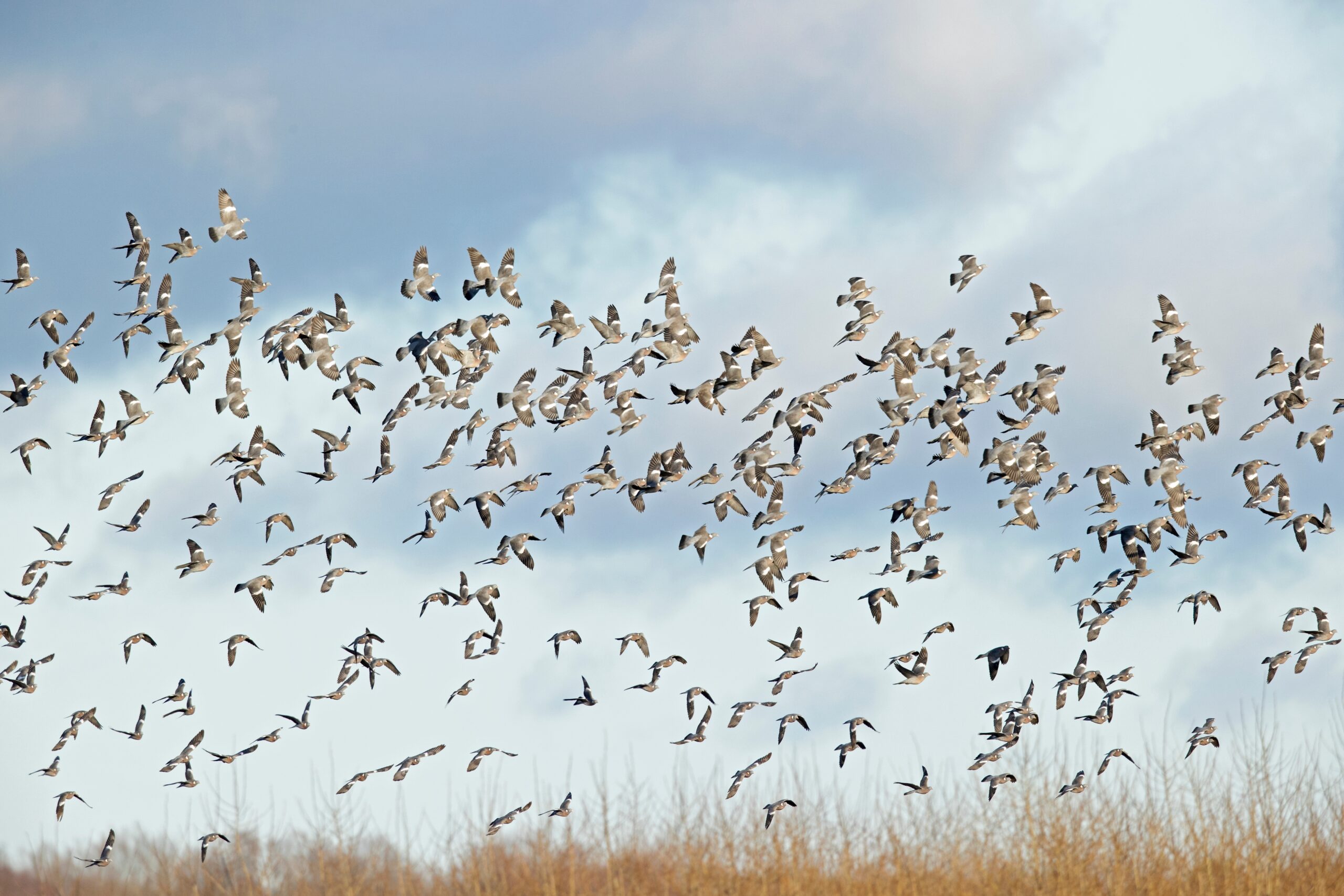What’s on the 2024 ‘pest birds’ licence?
BASC’s Dr Conor O’Gorman looks at how the general licences came into being and what’s on the latest versions, amid overcomplications.

Back in the day the law on pest bird control was relatively straightforward and universal across the land. There was a pest birds list and everyone knew what could be shot and trapped all year round, including the various crows, gulls and pigeons. However, in the 1990s EU wildlife law began to change and stipulated set protection periods for breeding and/or migration for every species of “huntable bird”, included those considered to be pests in the UK.
A compromise was reached for the UK via a novel approach called the general licence, introduced in 1992, as a light-touch legal exemption from the EU bird protection rules. BASC played a leading role in its introduction. The principle was simple — to permit people to continue to carry out necessary control of certain species of birds with no added burdens such as needing to apply for a licence. What we had was a list of the controllable species and the legally permitted methods, all on a single page.
However, over the years wildlife law gradually became devolved, with separate general licence systems in England, Wales, Scotland and Northern Ireland. The scope of these licences was also widened to make it legal to carry out a wide range of activities affecting a wide range of species of birds, mammals and amphibians. Such activities include possession, sales, exhibitions, rehabilitation and research. Most recently general licences have been introduced in England for the release of pheasants and red-legged partridges.
What were once simple rules for bird pest control were meddled with by lawyers in the various conservation agencies, creating a legal quagmire of multiple general licences dozens of pages long, with various items of small print and caveats that in recent years have been beset by legal challenges.
Things have now settled down, but general licences remain an overcomplicated system. Nevertheless, controversy continues in Wales, where you now need to apply for a specific licence to control jays, rooks and even magpies.
Let’s look at the current state of affairs. In England there are no changes to the 2024 general licences, which run for two years. There are three general licences for specific purposes — conservation, public health or safety, and to prevent serious damage. Be mindful that there are special rules for some protected sites. There is also a general licence detailing the rules around trapping.
The species listed on at least one England general licence are Canada goose, carrion crow, Egyptian goose, feral pigeon, Indian house crow, jackdaw, jay, magpie, monk parakeet, ring-necked parakeet, rook, sacred ibis and woodpigeon.
In Scotland there are also no changes for 2024, with general licences for broadly similar purposes to England, but many differences in terms and conditions and special rules for some protected sites. The species listed on at least one Scotland general licence are Canada goose, carrion crow, feral pigeon, greylag goose, hooded crow, jackdaw, jay, magpie, rook, ruddy duck and woodpigeon.
Key issues
In Wales there are changes to the 2024 general licences, with the key issue being the loss of the magpie. So it is very important to check the new rules and specific terms and conditions, which are different from England and Scotland. There are also rules for some protected sites.
The species listed on at least one Wales general licence are Canada goose, carrion crow, jackdaw, feral pigeon, ruddy duck and woodpigeon.
In Northern Ireland, a series of interim general licences have been issued with the latest versions valid from 1 January 2024 to 29 February 2024. They are not valid on Sundays. Otherwise, there is a similar set up on purposes to other countries but with different terms and conditions on their use, and different rules for some protected sites.
The species currently listed on at least one Northern Ireland general licence are feral pigeon, hooded crow, jackdaw, magpie, rook and woodpigeon.
Remember that all the above is very broad overview to get you started on potentially controllable species under general licence in your country.








